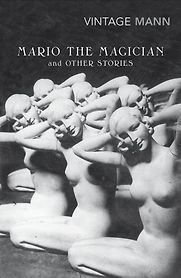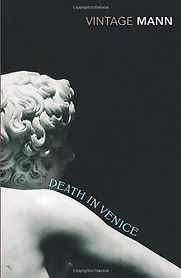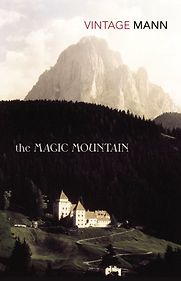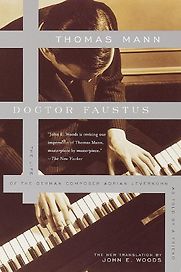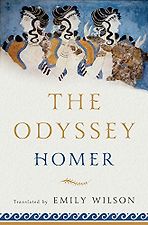Recommendations from our site
“His ambivalence towards Wagner, as towards everything actually, is fascinating. With Wagner, he said his relationship was one of ‘love without belief’. He didn’t accept a lot of Wagner. Wagner’s worldliness and appetite for worldly success, combined with his ascetic dedication to his art—Wagner said ‘a day without work is a nightmare for me’—Mann found that to be the paradigm of the artistic constitution. It’s an illuminating book. He wrote it at the end of 1932 and the start of 1933. He was very politically aware by then, he lived in Munich. He constantly saw street battles and his children were involved in scuffles with Nazis, so he knew what the score was.” Read more...
Michael Tanner, Musicians, Music Critics & Scholar
